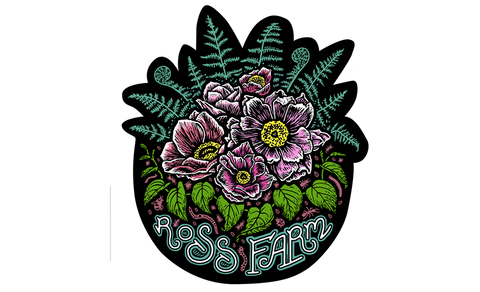Lab Results
Flower COAsScroll -> for Terpene Profile |
||||||
| Cannabinoid COA | Terpene Profile | Metals Profile |
Pesticide Profile |
|||
| Abacus | Click Here | Click Here | Click Here | |||
| BaOx | Click Here | Click Here | Click Here |
Click Here Click Here |
||
| Cherry Blossom | Click Here | Click Here | Click Here | |||
| Cherry Mom | Click Here | Click Here | Click Here | |||
| Cherry Uno | Click Here | Click Here | Click Here | |||
| Cherry Wine | Click Here | Click Here | Click Here |
Click Here Click Here |
||
| Harle Cat | Click Here | Click Here | Click Here | |||
| Hawaiian Haze | Click Here | Click Here | Click Here | |||
| Lifter | Click Here | Click Here | Click Here | |||
| Sour Space Candy | Click Here |
Click Here |
Click Here | |||
| Suver Haze | Click Here |
Click Here |
Click Here | |||
| Sweeten | Click Here | Click Here | Click Here |
Click Here Click Here |
||
| Therapy | Click Here | Click Here | Click Here | |||
| T1 | Click Here | Click Here | Click Here | |||
Tincture COAsScroll -> For Terpene Profile |
||||||
| Cannabinoid COA | Terpene Profile |
Pesticide
|
Heavy Metals
|
Standard Pathogen
|
||
|
500 mg |
Click Here |
Click Here |
Click Here |
|||
| 1000 mg | Click Here | Click Here | Pg. 1 Click Here Pg. 2 Click Here | Click Here | Click Here | |
|
3000 mg |
Click Here |
Click Here |
Click Here |
Click Here |
||
Vibe-Vessel COAs |
||
|
|
Cannabinoid |
Residual Solvent |
| Abacus | Click Here | Click Here |
| BaOx | Click Here | Click Here |
| Cherry Blossom | Click Here | Click Here |
| Cherry Mom | Click Here | Click Here |
| Cherry Uno | Click Here | Click Here |
|
Cherry Wine |
Click Here |
Click Here |
| Harle Tsu | Click Here | Click Here |
| T1 | Click Here | Click Here |
| Santa Spice | Click Here | Click Here |
| Peppermint Mocha | Click Here | Click Here |
Other COAs (Salve, Lollis) |
||
|
|
Cannabinoid COA |
Residual Solvent |
| Tropical Topical | Click Here | Click Here |
| Menthol Rub | Click Here | Click Here |
| Lovin' Lollis | Click Here | Click Here |
| Boujee Bears | Click Here | Click Here |

FAQs
Tetrahydrocannabinolic acid (THCA) is a naturally occuring cannabinoid in the hemp plant that contains less than 0.3% ∆9 THC. Like other types of hemp flower, THCA flower is available in indica, sativa, and hybrid varieties. When consumed raw, THCA does not have psychoactive effects. It has psychoactive effects once it is exposed to heat (such as smoking or vaping) since it’s converted into THC when this happens.
Our THCA flower has been tested to ensure that it is below 0.3% ∆9 THC by weight in its raw form, which means that it is compliant with the 2018 Farm Bill. This means that these products are classified as federally legal hemp that is not a controlled substance.
The Farm Bill defines legal hemp as: “any part of that plant, including the seeds thereof and all derivatives, extracts, cannabinoids, isomers, acids, salts, and salts of isomers, with no more than a 0.3 percent concentration of THC.” We third-party test all of our products to ensure that they meet all legal requirements under the Farm Bill. You can find results of all of our products on the COA section of our website. We encourage all customers to research laws for their individual state regarding the legality of THCA.
A study published in 2017 concluded that “...THCA shows potent neuroprotective activity, which is worth considering for the treatment of Huntington's disease and possibly other neurodegenerative and neuroinflammatory diseases.” Neurodegenerative diseases also include dementia and ALS. The study described the benefits of consuming THCA in raw form without decarboxylation. Other benefits described by users include a sense of calm and relaxation.
Although they are chemically similar, THCA differs from THC. THC, also often referred to as ∆9 THC or Delta-9, is Delta-9 tetrahydrocannabinol. The most significant difference between THCA and THC is the psychoactive effect. THCA is a precursor to THC, meaning that it is chemically transformed from THCA to THC when heated. Heat causes a molecular acid ring (that’s the “a”/acid in the name) to break off. When this happens, you are left with THC. This process is known as decarboxylation. The acid ring of THCA can also be called a carbon chain, and when you remove the carbon you are “decarbing” it. This process is also referred to as “activating” the THCA.
The effects of THCA are very different from CBD. The main difference is that CBD is not psychoactive whereas THCA causes a psychoactive effect when heated/activated and ingested as THC. Both CBD and THC act on the body’s endocannabinoid system by attaching to cannabinoid receptors throughout the body. The psychoactive “high” of THC is mostly due to its affinity for binding to the CB1 receptor, most of which are located in the brain. Since CBD does not have an affinity for CB1 or CB2 receptors, its effects are not psychoactive in nature.
Taking both products simultaneously can cause what is known as the “entourage effect,” which describes the phenomenon of these cannabinoids’ ability to work together by targeting different cannabinoid receptors for a more well-rounded experience. Since different terpenes and flavonoids in different strains can also modulate the effects of cannabis, there are endless ways that these products can cause different effects. Many people find that using THCA and CBD products together is a more enjoyable experience because of this entourage effect.
One thing that is similar between THCA and CBD is that CBD has an acidic form called CBDA (Cannabidiolic acid as opposed to Cannabidiol) with the same molecular acid ring that needs to be broken off in order to turn CBDA into the “activated” CBD that we are all familiar with. This is why CBD has to be heated (smoked or vaporized) or cooked into an oil.
Since THCA is converted into THC when exposed to heat, using THCA products will cause a positive result on drug tests. We do not recommend using our THCA products if you are subject to a drug screening. THC has been known to stay in one’s system for up to a month or more after use depending on factors such as how much was used, the method of using it, and the metabolism of the individual using the products. We are not liable for any failed drug tests.





